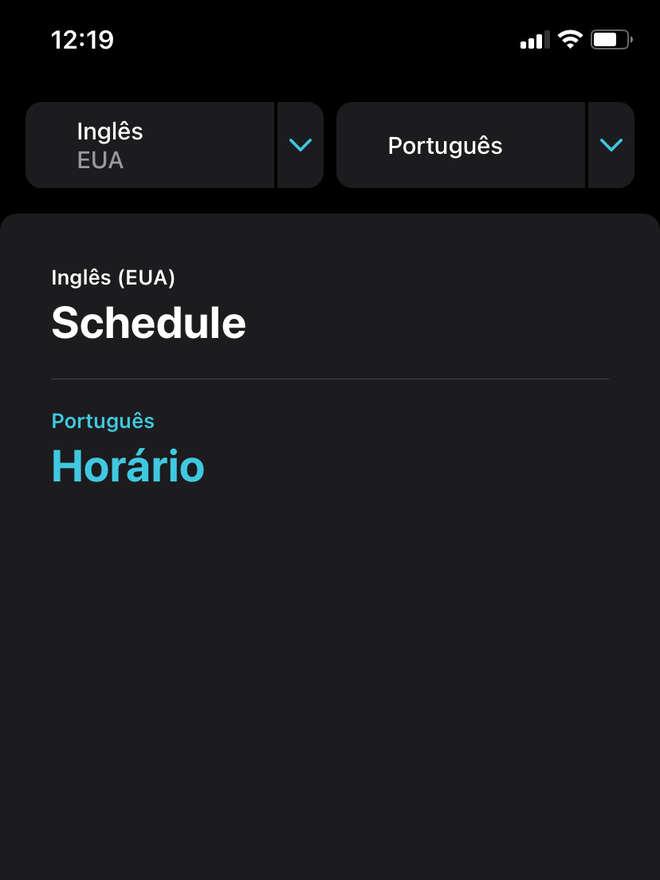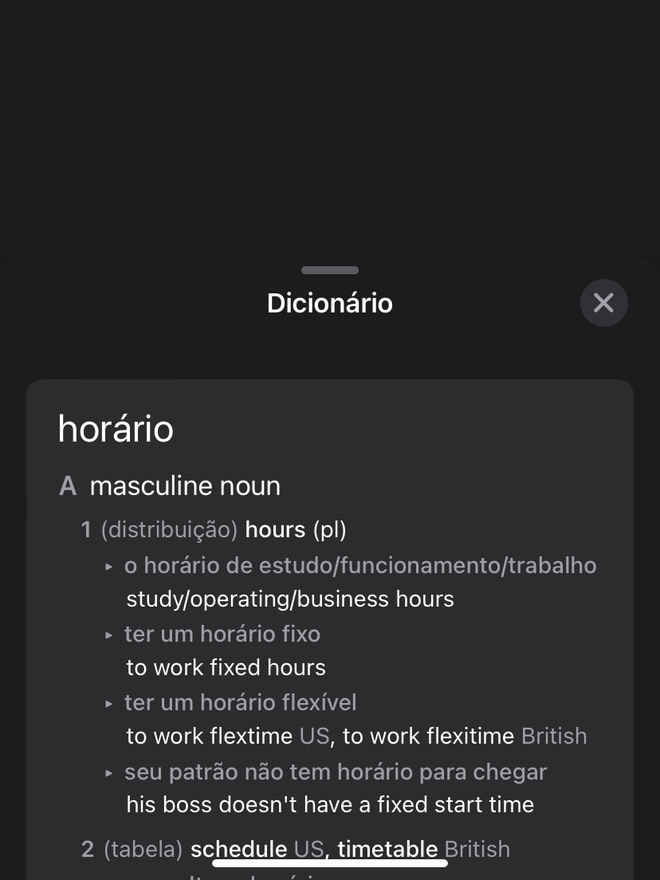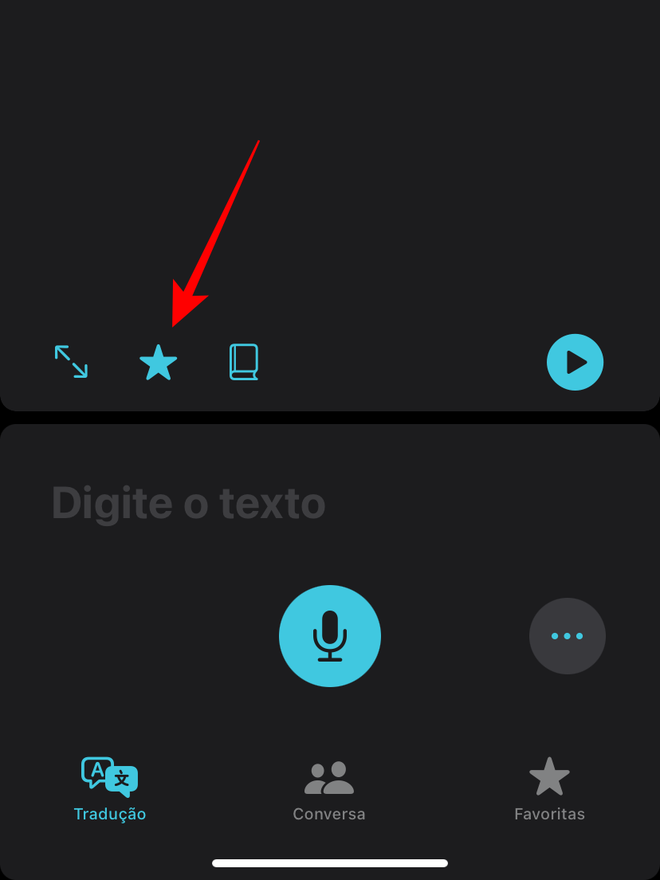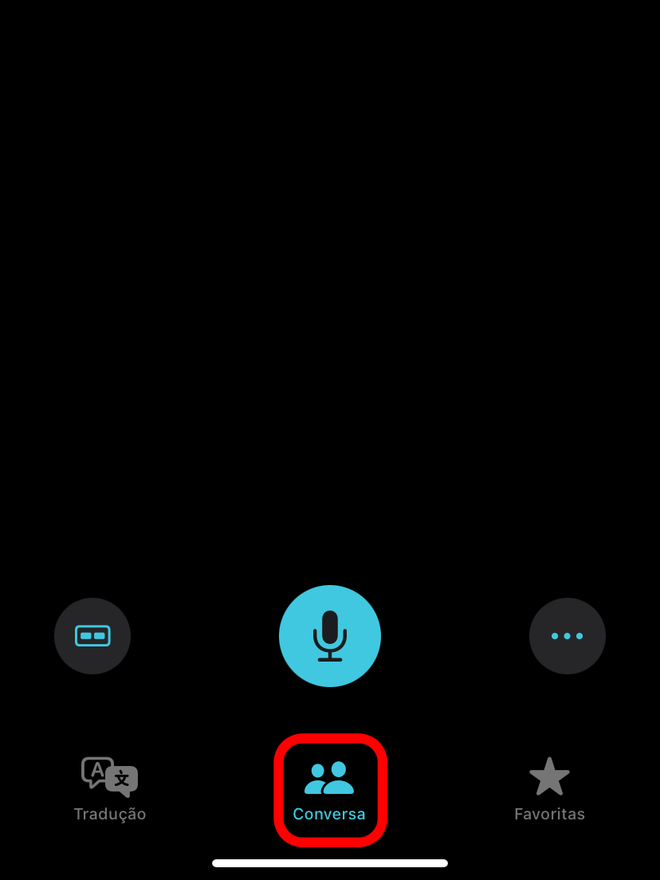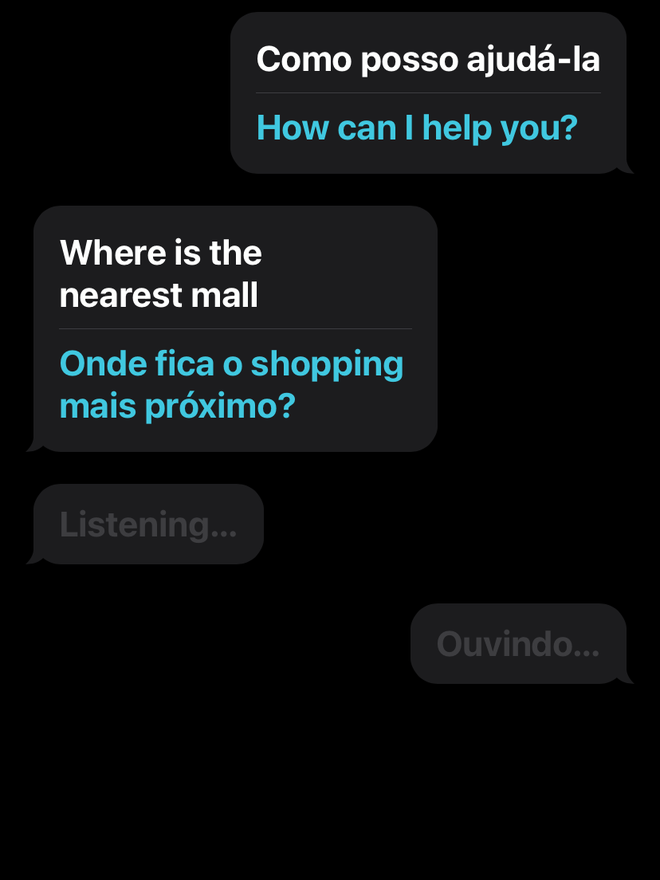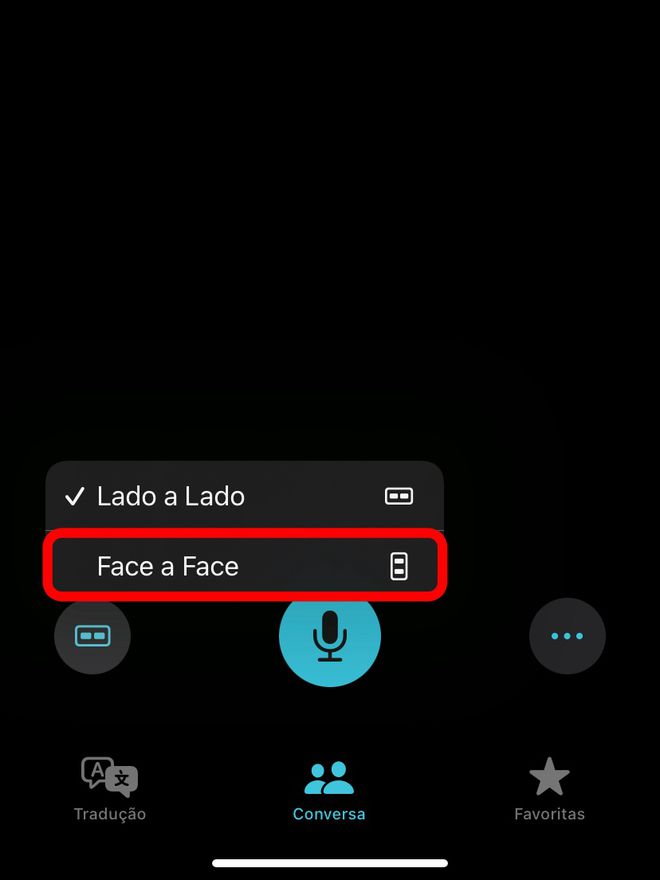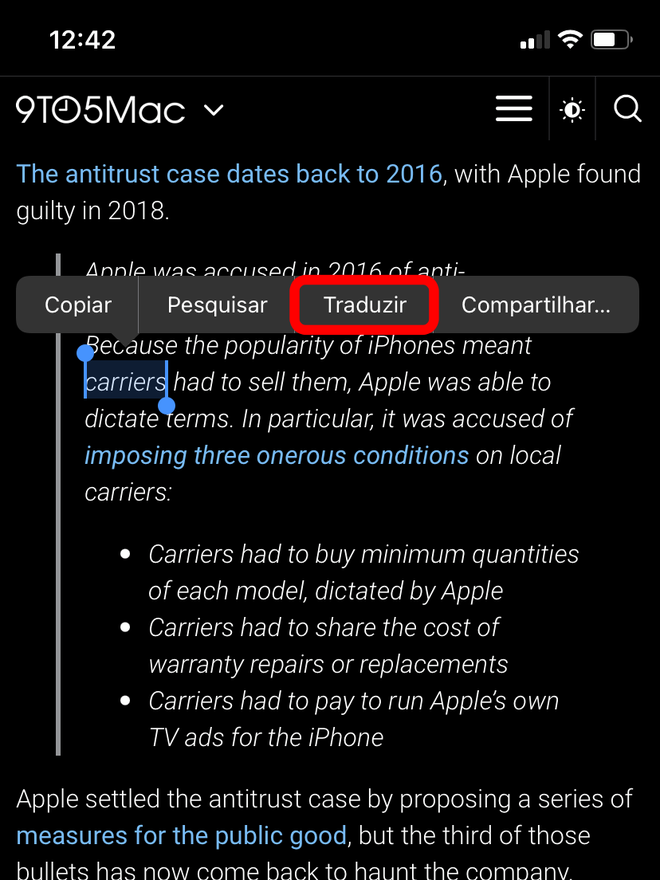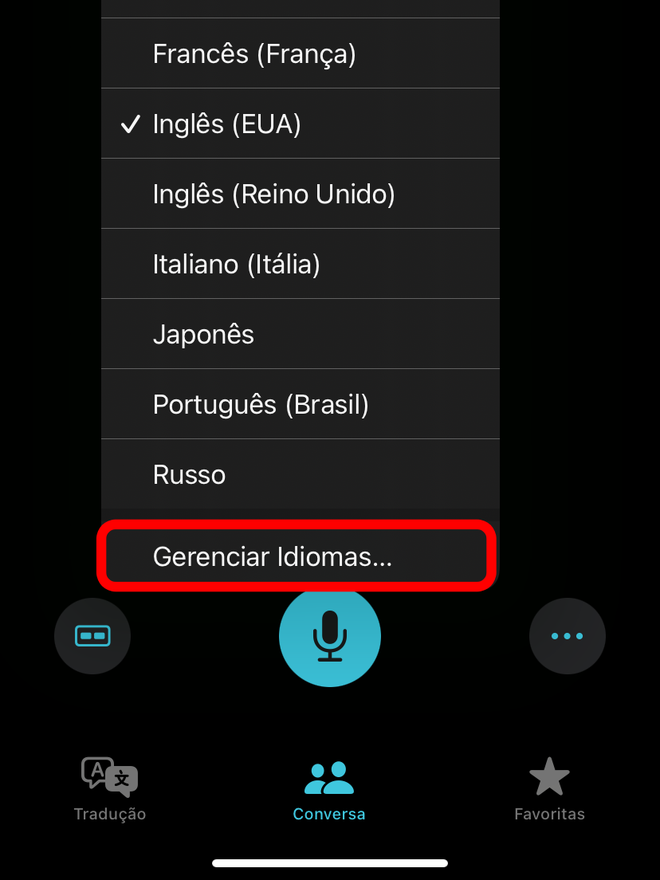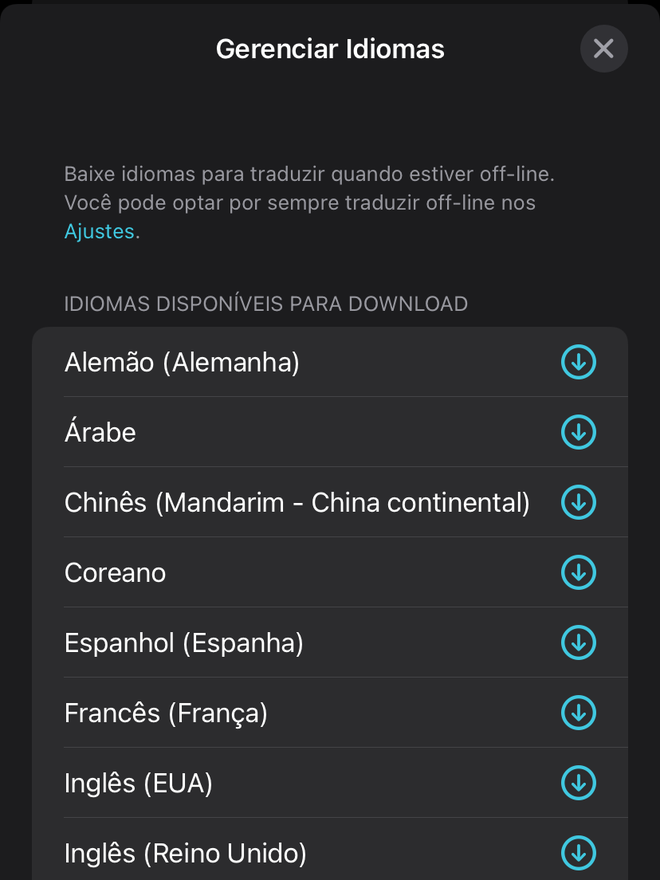The official definition of an "anti-vaxxer," according to the Merriam-Webster dictionary, includes people who oppose vaccine mandates.
The dictionary's definition of the term, which was updated last month, is "a person who opposes the use of vaccines or regulations mandating vaccination."
The term has widely been used to describe individuals who do not believe in vaccinations, but has not often been used to describe those who disagree with requirements necessitated by private businesses.
Some vaccinated individuals still oppose mandates from employers, arguing that unvaccinated people should not have to choose between getting the jab and their jobs.
Merriam-Webster said "anti-vaxxer" is used particularly often to describe "a parent who opposes having his or her child vaccinated."
In an effort to get more Americans vaccinated against COVID-19, more businesses and employers are adopting vaccine mandates and the new requirements are indicating that mandates work.
According to a White House analysis released on Thursday, health care systems, schools, public-sector agencies and private businesses with vaccine requirements have increased vaccination rates among workers to over 90 percent at many organizations.
Comparably, those figures are significantly higher than the average rate of fully vaccinated adults, which is 63 percent.
On Thursday, President Joe Biden will visit Chicago to promote vaccine mandates for large employers.
"The president's message will be clear: Vaccination requirements work," White House Press Secretary Jen Psaki said on Wednesday. "Vaccination requirements get more people vaccinated, helping to end the pandemic and strengthen the economy."
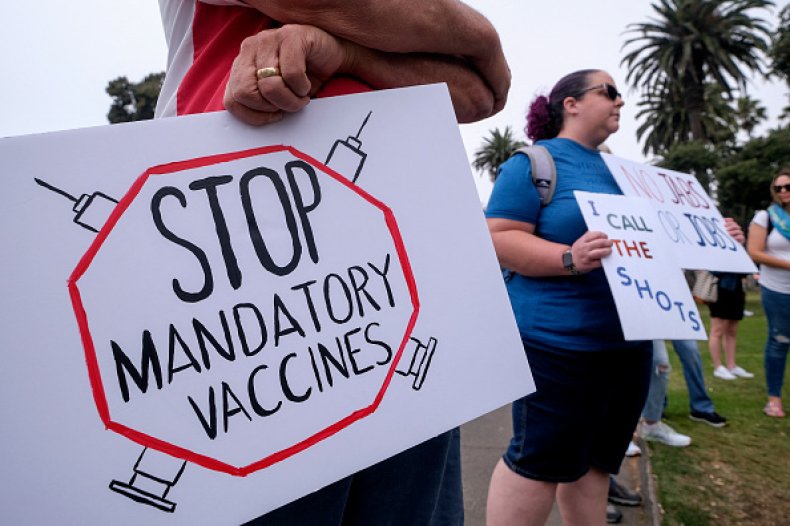
Vaccine mandates implemented by United Airlines, the New York City schools, the NBA and major hospital systems have all shown that requiring workers to get a COVID-19 vaccine is an effective way of boosting vaccination rates.
United was the first U.S. airline to tell its employees they needed a vaccine if they wanted to keep their job. Following that August 6 announcement, 99.5 percent of the airline's workforce has now been vaccinated.
New York City Mayor Bill de Blasio, a major proponent of vaccine mandates, also announced on Monday that 95 percent of the city's public school staffers have received at least one dose of a vaccine.
A week before the mandate went into effect, the vaccination rate among the city's department of education personnel was 87 percent.
In September, Biden asked the Occupational Safety and Health Administration (OSHA) to create rules requiring companies with more than 100 employees to mandate vaccinations or weekly testing.
While OSHA is still reviewing the president's request, several large employers, like Proctor & Gamble and 3M, have already imposed vaccine mandates in the weeks following Biden's announcement.
The White House has also pointed to the economic impacts of getting more people vaccinated.
A Goldman Sachs report cited in the Thursday report estimates that increased vaccination rates could lead to a return of up to 5 million workers to the labor force and found that states with higher vaccination rates also saw higher small business employee hours.

